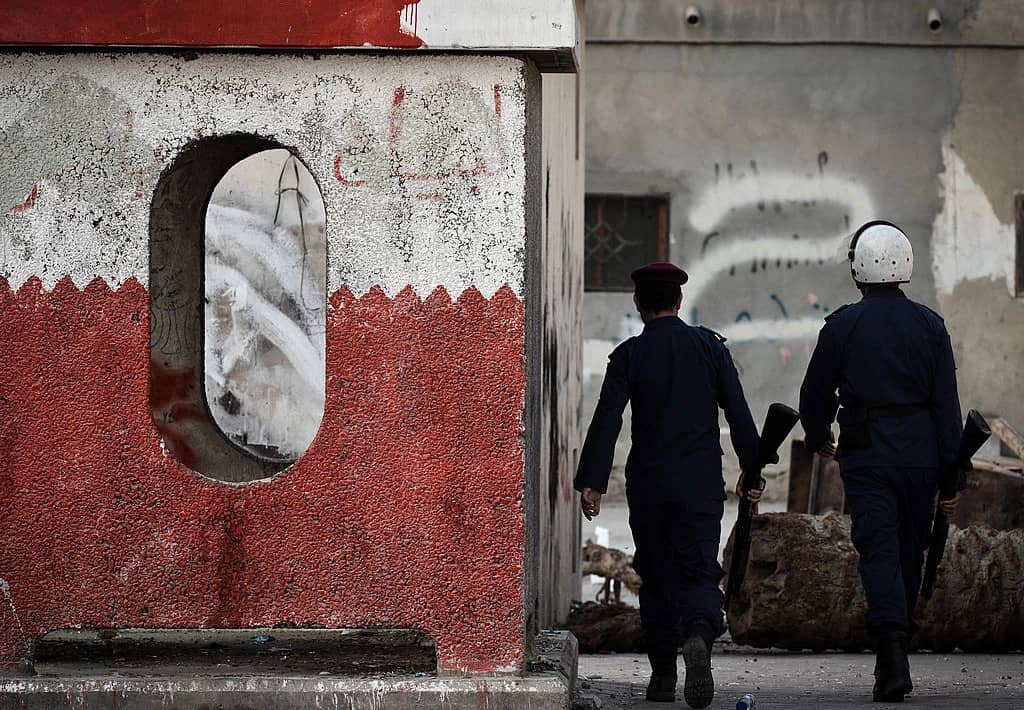The Bahrain government on Saturday denied there were “active” cases of tuberculosis in its prisons after the Amnesty International rights watchdog accused authorities of failing to check the spread of the contagious bacterial infection.
The Gulf state’s health ministry said one case in quarantine for the past two weeks is now in “stable condition” but there are “no active tuberculosis cases” among prison inmates.
The statement was released two days after Amnesty said Bahrain’s “inadequate response” to an outbreak in Jaw prison was putting prisoners’ health at serious risk. It said at least two inmates with symptoms of the disease that attacks the lungs had been left for more than a week without tests.
A third was sent from hospital back to prison two days after his family was told he has tuberculosis. A fourth, according to Amnesty, was not moved to hospital until March when he had been sick for almost a year and was semi-paralyzed.”Prisoners’ families have been sounding the alarm and raising complaints given that no measures have been put in place to protect other prisoners,” said the rights group.
Bahrain has shown “a disturbing lack of concern for prisoners’ health,” said Amna Guellali, Amnesty’s deputy director for the Middle East and North Africa.
The health ministry said “all necessary preventative measures have been taken” and that no cross-infections have been detected. The ministry said inmates get the same treatment “as that provided to everyone administered through the public health system.”
The World Health Organization says that tuberculosis kills 1.5 million people each year, making it the world’s top infectious killer.








